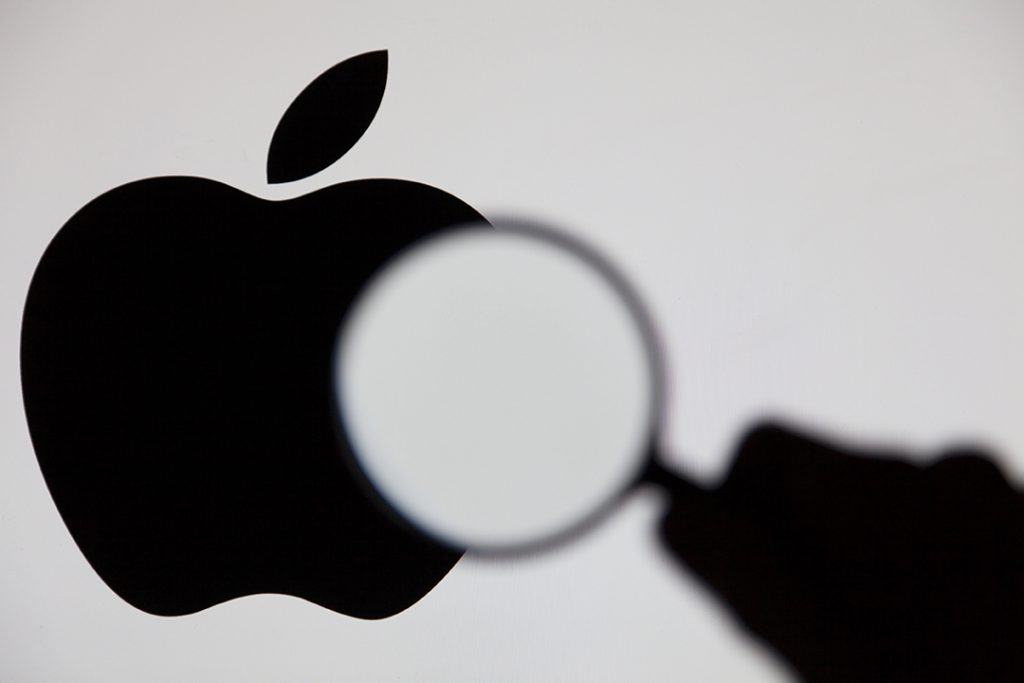When downloading an app from the App Store to an iPhone or iPad, there is now a new “App Privacy” section on each App’s page to make you aware of further detailed information. These specifics advise you how the App’s data is used to track you and your user information. It also tells you how the data will be collected and linked to your identity. While this knowledge sounds like a great benefit for the user, app developers are learning how this new requirement can affect them.
With the recent release of iOS 14.3, any new or updated app must include a privacy label to be allowed on the App Store. This requirement applies to all apps: third-party and Apple’s own programs, such as Apple Music, Apple TV, and Apple Wallet. The idea is to address privacy concerns and questions among users and force developers to clearly and precisely explain what data they will collect and how they will use it.
For additional transparency, there is a link titled “details” in this App Privacy section. This detailed section shows users what specific data the App collects and its uses to target ads, analytics, product personalization, and app functionality. For example, – Facebook has a long list that shows exactly how much data the social network has been and continues to gather about its users.
These new privacy labels are a good move because they will force transparency related to your privacy when using that app experience. It also shows more credibility, and users can decide whether to trust some apps over others. Apple’s message is “Apps on the App Store are held to a high standard for privacy, security, and content because nothing is more important than maintaining users’ trust.”
In addition to the new privacy labels, app developers will also be required to ask users for their permission to track them across apps and websites owned by other companies. Tracking refers to the act of linking user or device data collected from the App with user or device data collected from other companies’ apps, websites, or offline properties for targeted advertising or advertising measurement purposes. Tracking also refers to sharing user or device data with data brokers. Using a feature called App Tracking Transparency (ATT), developers will state that an app would like permission to track the user across apps and websites. The person can then opt to allow the tracking or tell the App not to track.
Though Apple users may be happy to have the option to view these details and make choices with this new transparency policy, developers’ reaction has been mixed. However, we believe users deserve greater transparency through these privacy labels. It gives app developers a reason to review what data they are considering collecting and ask themselves more consideration on what they really need.
For more information and details about these recent changes in Apple’s Privacy Requirements and how they impact FocustApps, contact Blake Patterson today at 502.907.6593.




